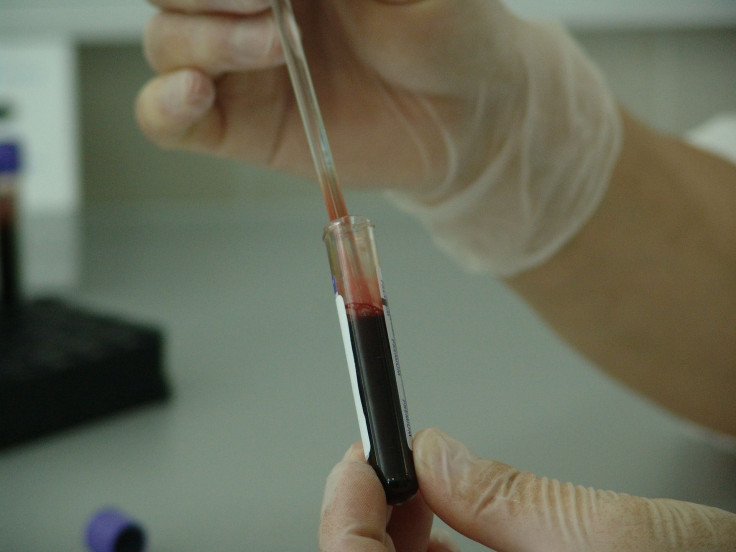Diminished Heart Health In Kidney Donors Further Links Kidney Disease To Cardiovascular Disease

Though it is highly preventable, the Centers for Disease Control and Prevention (CDC) reports cardiovascular disease is the leading cause of death in the United States, accounting for one of every four deaths in the nation. In an attempt reduce rates, physicians look for potential early warning signs and risk factors in their patients, which include obesity, high cholesterol, and poor sleeping habits. Now, a new study published in the American Heart Association’s journal, Hypertension, suggests kidney disease may be another.
While kidney disease has long been linked to cardiovascular disease, its exact contribution to heart health is poorly understood. The kidney's direct influence on heart disease has long gone unidentified due to the fact many patients who suffer from kidney disorders also have other, related health issues, including high blood pressure (hypertension) and diabetes. That is, at least, until now.
Researchers were able to isolate the direct role declining kidney function plays when it comes to heart health by studying kidney donors. The heart health of 68 donors, whose average age was 47 and who had no prior existing health issues, was monitored over the course of the year following surgery.
The findings not only confirmed the belief kidneys have a direct influence on heart health, but also suggested declining kidney function is a much greater risk factor for cardiovascular disease than it was originally thought to be.
Compared to a control group, the kidney donors showed an increase in the mass of the heart’s left ventricle, a known predictor of heart disease according to the study, as well as an increase in measures of heart damage found through blood tests. The donors showed no difference in blood pressure in the year post-surgery.
Dr. Jonathan Townend, senior author of the paper and professor of cardiology at Queen Elizabeth Hospital Birmingham, explained these results imply that any sort of reduction in kidney function, not just from a major disease, can increase an individual’s risk of cardiovascular disease.
“Even in very healthy people, a small reduction in kidney function from normal to just a bit below normal was associated with an increase in the mass of the left ventricle, a change that makes the heart stiffer and impairs its ability to contract,” he said
Townend elaborated, “This is evidence that reduction in kidney function itself leads directly to measurable adverse effects on the heart and blood vessels, even without other risk factors.”
But just how susceptible is the general population to a small reduction in kidney function? According to Townend, “mild chronic kidney disease is common, affecting over 10 percent of the U.S. population.”
On the other hand, Townend says kidney donors have nothing to fear. "Kidney donors are already highly selected as healthy individuals,” he said. “Our paper has shown that kidney donation causes very small adverse effects on the heart and blood vessels that took careful and accurate measurements to detect. We do not yet know if these effects are maintained over the long term. Even if there is a small increase in your long-term risk of heart disease after donation, it is still likely that you will be at lower than average risk.”
Rather than to alarm healthy individuals, the study offers new means to improve heart health.
Source: Moody WE and Ferro CJ, et al. Cardiovascular Effects of Unilateral Nephrectomy in Living Kidney Donors. Hypertension. 2015.



























